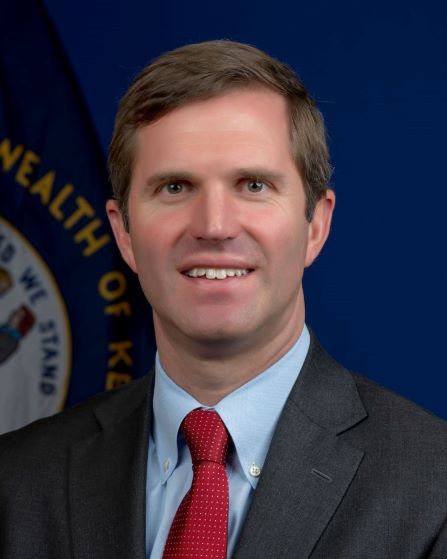
A previously unidentified variant of COVID-19 has infected both vaccinated and unvaccinated residents of a Kentucky nursing home, making clear that providers must remain vigilant about exposure even after most residents have been inoculated.
The outbreak in eastern Kentucky involved 27 residents and 14 staff members as of Tuesday. Five residents were hospitalized.
State Public Health Commissioner Steven Stack, said 85% of residents and 48% of staff at the unnamed facility had been vaccinated prior to the outbreak. Among those infected, 30% of the vaccinated had been symptomatic since testing positive.
But 83% of the unvaccinated residents have had symptoms.
“Vaccination appears to have markedly reduced the risk of serious infection and hospitalization,” Stack said at a press briefing. “Seventy-one people were vaccinated, one of whom is in the hospital. There were 13 residents unvaccinated, four of whom are in the hospital.”
Stack said it appeared an unvaccinated person brought the variant into the building.
“Those who have gotten it that have been vaccinated, have not gotten seriously ill, but this is something that we just have to watch as we move forward,” Gov. Andy Beshear (D) said Tuesday. “We are seeing some other examples in different states.”
Public health officials have warned about COVID-19’s ability to mutate, with some known variants less susceptible to vaccines given U.S. emergency-use authorization. Federal coronavirus advisor Anthony Fauci, M.D., said Thursday that while the vaccines are effective against the quickly spreading British variant, known as B.1.1.7, the U.S. is witnessing a “race between the vaccine and a potential surge” in community infections.
A group of leading infectious disease and vaccine experts earlier this week said federal and state officials must continue to prioritize seniors for vaccination to protect against an uptick in cases and mortality during a B.1.1.7-fueled surge expected by the end of April.
The Centers for Disease Control and Prevention has also identified two new and concerning variants first detected in California, B.1427 and B.1429, which may be 20% more transmissible.
The American Health Care Association on Thursday said the current outbreak in Kentucky demonstrates that vaccines are the best hope for ending the pandemic as quickly as possible.
“This is why it is critical for everyone, including the general public, to get vaccinated, and that long-term care have a steady supply of vaccines for new and existing residents and staff immediately,” the provider organization said in a statement to McKnight’s. “We are not out of the woods yet, and we must remain vigilant by continuing to socially distance, wear masks, and frequently wash hands until we fully understand how effective the vaccines are against these new variants among our population.”
In guidance issued March 11, Kentucky joined many other states in opening facilities to indoor visitation and allowing the resumption of group dining in accordance with revised standards issued by the Centers for Medicare & Medicaid Services on March 10.
It was unclear Thursday whether the affected nursing home had been accepting visitors or whether the variant was introduced by a staff member, new resident or visitor.




